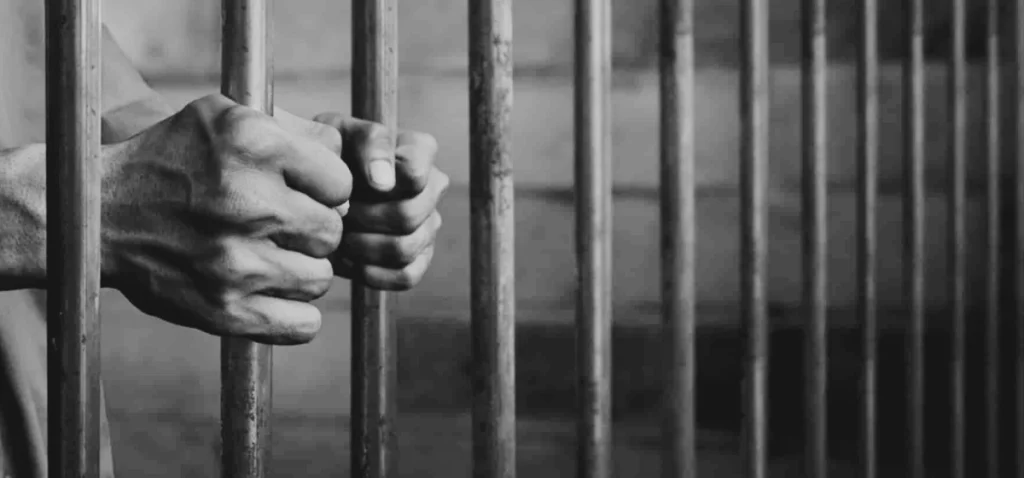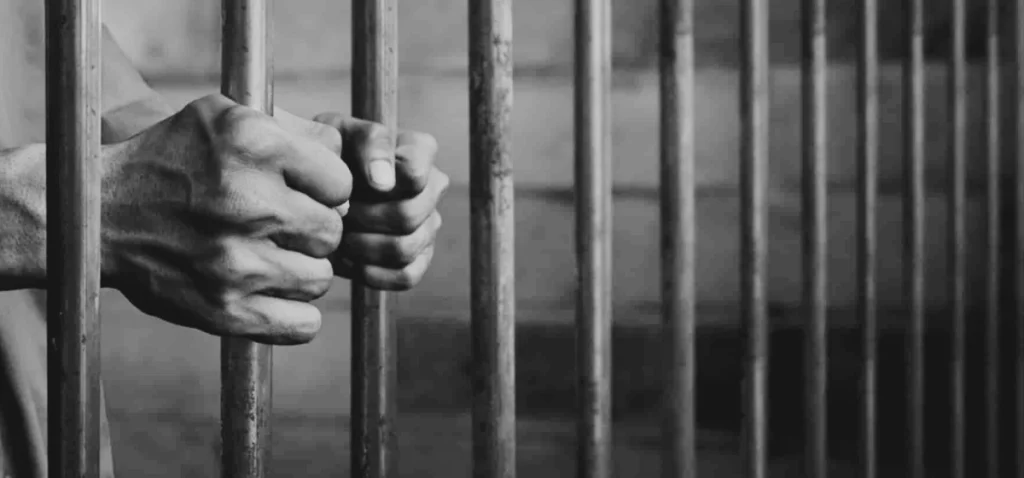
Cubalex, 10 September 2024 — In Cuban prisons, persons deprived of their liberty face numerous barriers that prevent them from accessing justice and defending their human rights. Below, the Cubalex legal team summarises some key aspects of this problem in Cuban prisons.
Complaints and Retaliation
1. Retaliation for Complaints:
Prisoners who file complaints with military prosecutors often suffer violent reprisals instigated by prison authorities. They may be beaten or transferred to solitary confinement if they do not withdraw their complaints.
2. Threats and Coercion:
Prison guards threaten political detainees with transfer to prison camps with dangerous inmates in order to intimidate them. This practice is intended to discourage prisoners from engaging in human rights activities inside the prison.
3. Handling of ordinary prisoners:
Prison authorities use ordinary inmates to harass and control political prisoners. These inmates receive benefits in exchange for harassing political prisoners, creating an atmosphere of constant intimidation and violence.
Obstacles in the Judicial Process
1. Lack of medical care:
Medical care in prisons is inadequate and often intentionally denied. Prisoners who suffer severe beatings do not receive adequate medical care, and in many cases, doctors justify violence as punishment for alleged misbehaviour.
2. Restricted Access to Visitors:
Family and conjugal visits are suspended as a method of blackmail and punishment. Persons deprived of liberty who make complaints have their access to their families restricted as a reprisal, hindering their ability to receive external support and assert their rights.
3. Isolation Conditions:
Persons deprived of their liberty are subjected to long periods of solitary confinement in punishment cells without adequate justification and without access to basic resources. This practice not only violates the Mandela Rules, which prohibit prolonged solitary confinement, but also aggravates the physical and mental suffering of persons deprived of their liberty.
The following are examples of how the lack of access to justice is evidenced in Cuban prisons:
1. Interferenc


